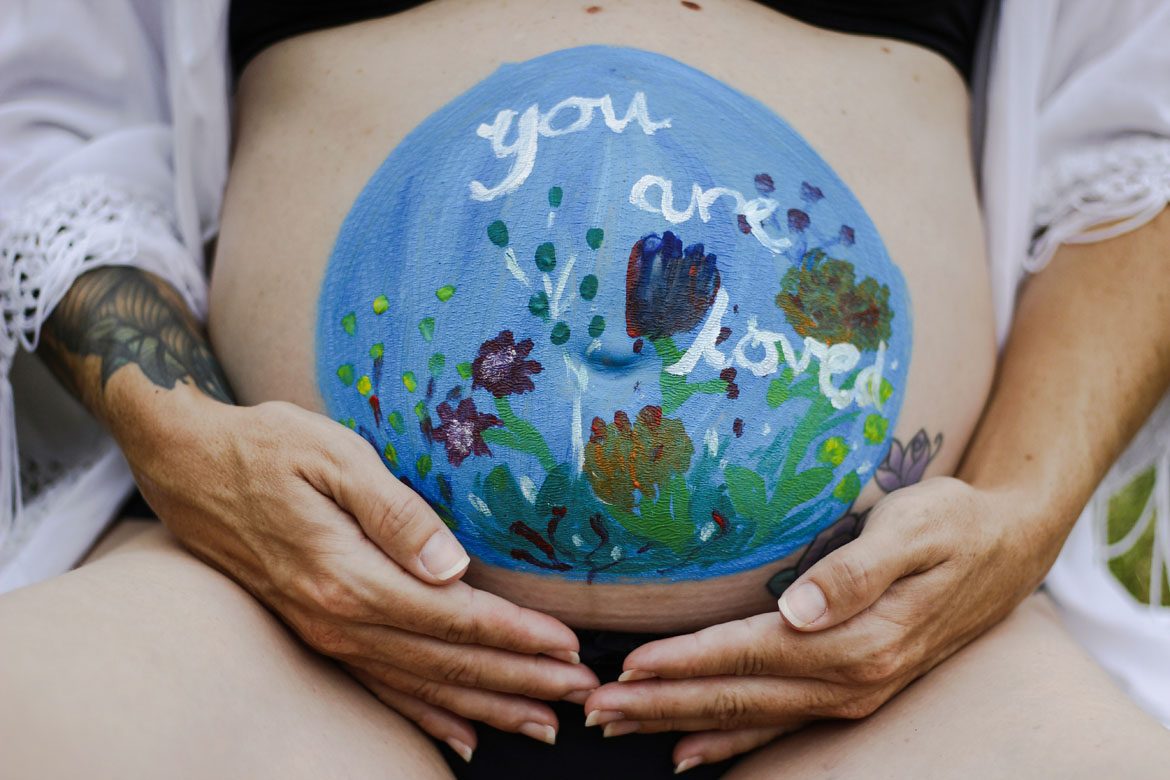By Dr Laura Markham
All parents know that children need unconditional love to thrive. But how can we give our children something many of us haven’t really experienced?
We all want to love our children unconditionally. And we all want to receive unconditional love. But before we can experience unconditional love from outside, or give it to our children, we need to give it to ourselves.
We do this by deciding that no matter what, we will love ourselves – imperfections and all. When we miss the mark of our own standards – as we all do, quite often – we can give ourselves a compassionate hug, and resolve to provide the support we need to keep moving in the right direction.
This self compassion helps us become more emotionally generous. Anger and defensiveness begin to melt away. That lens of love softens our judgment of ourselves, which in turn makes us more loving. We’re happier people – and more peaceful parents.
Here’s how to take the next steps along that path.
- Commit to radical self-compassion.
Think of this as re-parenting yourself in a loving way through all the trials and tribulations of life. As Anne Lamott says,
“Take yourself through the day as you would your most beloved mental-patient relative, with great humor and lots of small treats.”
Why radical self-compassion? That’s the unconditional in “unconditional” love, which means loving yourself deeply regardless of your flaws and mistakes. It’s easy to approve of perfection, but humans are never perfect, so you’re bound to make mistakes. Love yourself anyway! That’s the only way you’ll be able to love your child unconditionally. Did you just snap at your child? Take a deep breath and soothe yourself; then you’ll be better able to repair things with your child.
- Make repair and connection a way of life.
Researchers agree that we need at least five positive interactions to every negative interaction to keep a relationship in good shape. So when you inadvertently have a negative interaction with your child, offer your child a heartfelt apology, find a way to reconnect and repair, and create some positive interactions.
This not only repairs your relationship with your child; it repairs your own self-love. By creating positive interactions with your child now, you’re healing whatever you wish you hadn’t done or said in the past – so you automatically stop beating yourself up about your past mistakes.
Compassion – whether it comes from inside or outside – gradually moves humans from a state of being “self-centered” to a state of being “centered in self.”
Worried that you’re letting yourself off the hook too easily? Compassion – whether it comes from inside or outside – gradually moves humans from a state of being “self-centered” to a state of being “centered in self.” Researchers say this deep self-love is the opposite of selfishness. It helps you become more patient and kind, so you’re more able to be the parent you want to be, more often.
- Experiment with a mantra to retrain your mind.
Mantras are just antidotes to thoughts that don’t serve us. When you change your thoughts, your feelings become more forgiving, and more loving. Use your mantra as often as possible, so it’s more likely to pop into your mind when you’re under stress. Some of my favorites:
I am more than enough.
She’s acting like a kid because she is a kid.
This is not an emergency.
I’m the role model for my kids.
I’m the grown-up.
Whatever happens, I can handle it.
My kids will be OK. They need me, not a perfect mother.
He’s acting like this because he needs my love and guidance.
If you remember this in a year, you’ll be laughing about it.
Kids need love. Especially when they least deserve it.
I breathe in love. I breathe out love.











